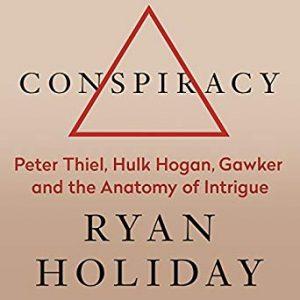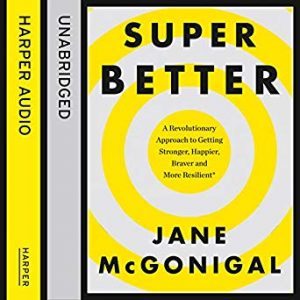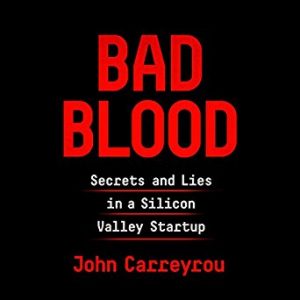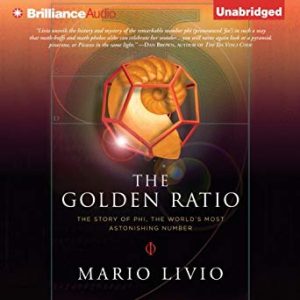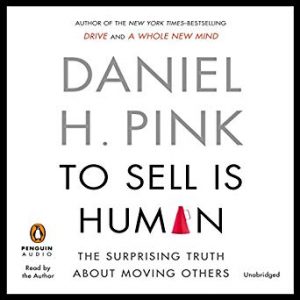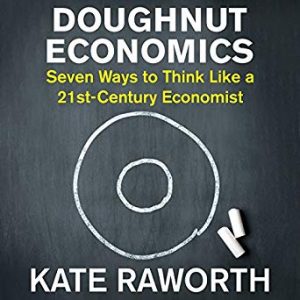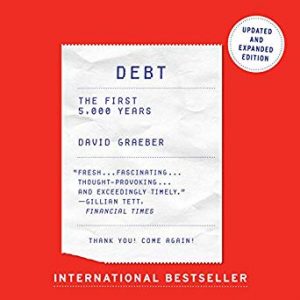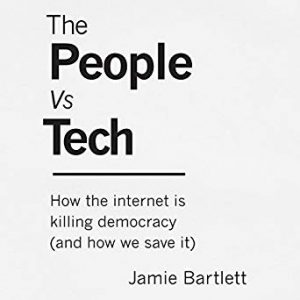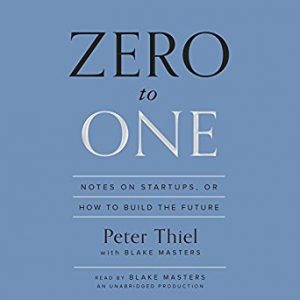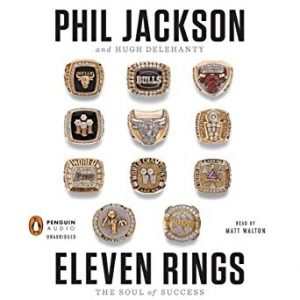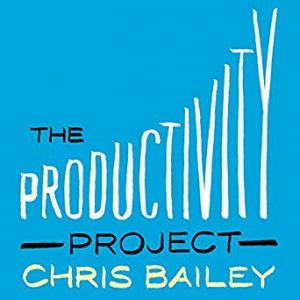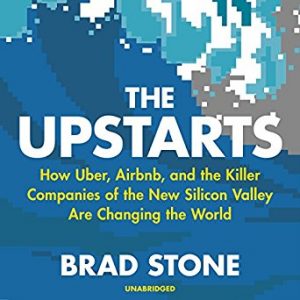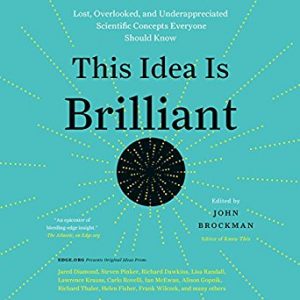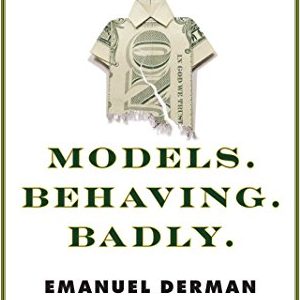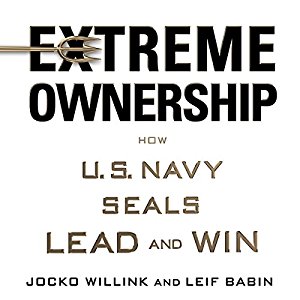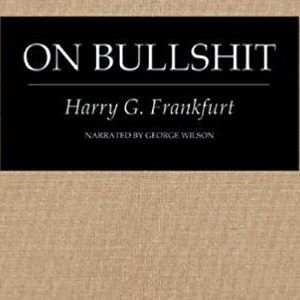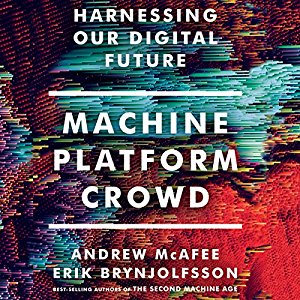Peter Thiel’s war on Gawker Media shows that money is a decisive factor in the US legal system.
Every visonary entrepreneur needs an integrator to assure his/her ideas materialize
By far the more readable book on org structure that I have come across.
Living ‘gamefully’ is a great way to hack your own brain
Elegant guide to putting contrarian thinking into action, which tries a bit too had to show it is scientific.
Theranos’ downfall shows a reality distortion field gone wrong
What seems to have started as entrepreneurial over-confidence ended in a web of fraud and lies.
The best-known claims regarding the use of the golden ratio in art are false
Mario Livio – The golden ratio
Comfortingly conscientious in his evaluation of claims about ao pyramids and the parthenon.
Nowadays almost everyone is in Sales, but that does not mean what it used to mean
Daniel Pink – To sell is human
A charming plea for a compassionate approach to influencing.
The safe space for humanity is in between the social foundation and the ecological ceiling
Kate Raworth – the doughnut economy
The idea of challenging the implicit assumptions of traditional economics is not new, yet the emphasis on framing the debate is valuable.
Debt has its origin in inequality, suppression, and war
At first the polemic style is charming, but over-all the writer’s objective to crush the system by his brain power is poorly executed and overlooks too many credible alternative lines of argument.
Our democratic system is not ready to deal with technological innovation
Jamie Bartlett – The people vs Tech
Summary of how tech firms form a risk for democracy, but without a thorough assessment of how technology itself can be applied to improve the democratic process.
To make the difference you have to do something truly different and definitive
Rich repository of one-liners for those who seek to make bold moves.
Everytime you win an NBA championship is different
A surprisingly ‘zen’ view on creating a high performing team.
The principles of the enlightment are still the main driver for human progress
Steven Pinker – Enlightnent now
Considering his plea for scientific thinking, Pinker is remarkably confident on (1) hard to assess long term risks and (2) strong realism (in the epistomological sense).
To be productive, choose goals you care for and aim for a sustainable balance of efforts
Chris Bailey – The productivity project
A bunch of unstructured and badly documented tests by a frat boy, who presents his efforts as “experiments”.
The success of Uber and AirBnB is (partly) due to structural exploration of legal limits
Most illustrative are the descriptions of failed competitors, which show importance of both luck and ruthlessness.
There are 100s of underappreciated scientific concepts that deserve to be widely known
John Brockman – This idea is brilliant
A rollercoaster ride through a laundry list of hot topics in science today.
Live by the philosophy of the stoics, but do not take their advice too literally
Brinkmann’s many nuances and exceptions kill his argument and concept.
N.B. Read in Dutch translation
Financial modelling is not the physics of markets
Emanuel Derman – Models.Behaving.Badly.
Derman’s discussion of models in life, physics, and finance is not a juicy as the title suggests, but it offers some good one-liners nontheless.
Take full responsibility, keep it simple, ensure the team believes in the mission, and act decisively
Extreme ownership – Leif Babin and Jocko Willink
A no-nonsense approach to leadership, accompanied by an overdose of war stories.
Unlike ‘to lie’, ‘to bullshit’ implies an utter indifference towards the notion of truth
Entertaining and still eerily relevant (although already published in 2005).
Digitization, network effects, and participation will continue to disrupt many markets
Machine, Platform, Crowd – Andrew McAfee and Erik Brynjolfsson
Decent summary of developments with some nice examples, but not sufficiently new or surprising to classify as ‘essential reading’.

